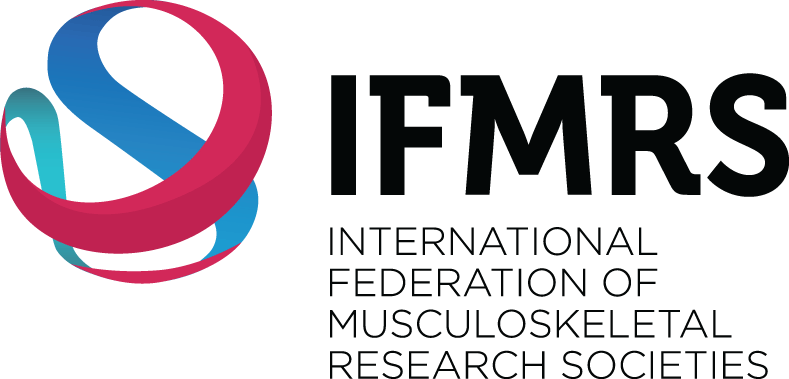MEET THE FIRST AUTHOR
Role of intracellular Ca2+–based mechanotransduction of human periodontal ligament fibroblasts
Ei Ei Hsu Hlaing, Yoshihito Ishihara, Ziyi Wang, Naoya Odagaki, and Hiroshi Kamioka
The FASEB Journal 33: 10409 – 10424 (2019).
October 2019
Human periodontal ligament (hPDL) fibroblasts are thought to receive mechanical stress (MS) produced by orthodontic tooth movement, thereby regulating alveolar bone remodeling. However, the role of intracellular calcium ([Ca2+]i)-based mechanotransduction is not fully understood. We explored the MS-induced [Ca2+]i responses both in isolated hPDL fibroblasts and in intact hPDL tissue and investigated its possible role in alveolar bone remodeling. hPDL fibroblasts were obtained from healthy donors’ premolars that had been extracted for orthodontic reasons. The oscillatory [Ca2+]i activity induced by static compressive force was measured by a live-cell Ca2+ imaging system and evaluated by several feature extraction method. The spatial pattern of cell-cell communication was investigated by Moran’s I, an index of spatial autocorrelation and the gap junction (GJ) inhibitor. The Ca2+-trans- porting ionophore A23187 was used to further investigate the role of [Ca2+]i up-regulation in hPDL cell behavior. hPDL fibroblasts displayed autonomous [Ca2+]i responses. Compressive MS activated this autonomous responsive behavior with an increased percentage of responsive cells both in vitro and ex vivo. The integration, variance, maximum amplitude, waveform length, and index J in the [Ca2+]i responses were also significantly increased, whereas the mean power frequency was attenuated in response to MS. The increased Moran’s I after MS indicated that MS might affect the pattern of cell-cell communication via GJs. Similar to the findings of MS-mediated regu- lation, the A23187-mediated [Ca2+]i uptake resulted in the up-regulation of receptor activator of NF-kB ligand (Rankl) and Sost along with increased sclerostin immunoreactivity, suggesting that [Ca2+]i signaling networks may be involved in bone remodeling. In addition, A23187-treated hPDL fibroblasts also showed the suppression of osteo- genic differentiation and mineralization. Our findings suggest that augmented MS-mediated [Ca2+]i oscillations in hPDL fibroblasts enhance the production and release of bone regulatory signals via Rankl/Osteoprotegerin and the canonical Wnt/b-catenin pathway as an early process in tooth movement–initiated alveolar bone remodeling
Full text of Dr Ei Ei Hsu Hlaing’s article is available from HERE

Ei Ei Hsu Hlaing
First Author
University of Okayama, Japan

Jonathan Gustafson
Moderator
Rush University, USA.

